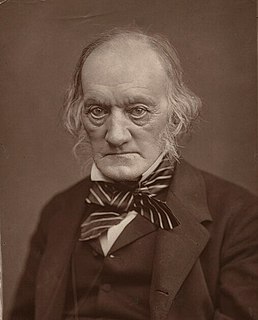A Quote by Theodore Levitt
Ideation is not a synonym for innovation, conformity is not its simple antonym, and innovation is not the automatic consequence of "creative thinking.".
Related Quotes
Innovation is a subset of creativity. Innovation often deals with product launches and is often relegated to the C-suite or to heads of R&D departments. Innovation requires creativity, but creativity is something that is much more broad. It applies to people at all levels of an organization. Today, we all are responsible for delivering "everyday creativity". Small creative acts that add up to big things.
Leapfrog innovation - consistent, constant, ridiculous leapfrog innovation - only happens within a dictatorship. Any time you try to do something really innovative, most people aren't going to understand it until after they experience it. So when you're developing in innovation, you have to be a dictator.





































